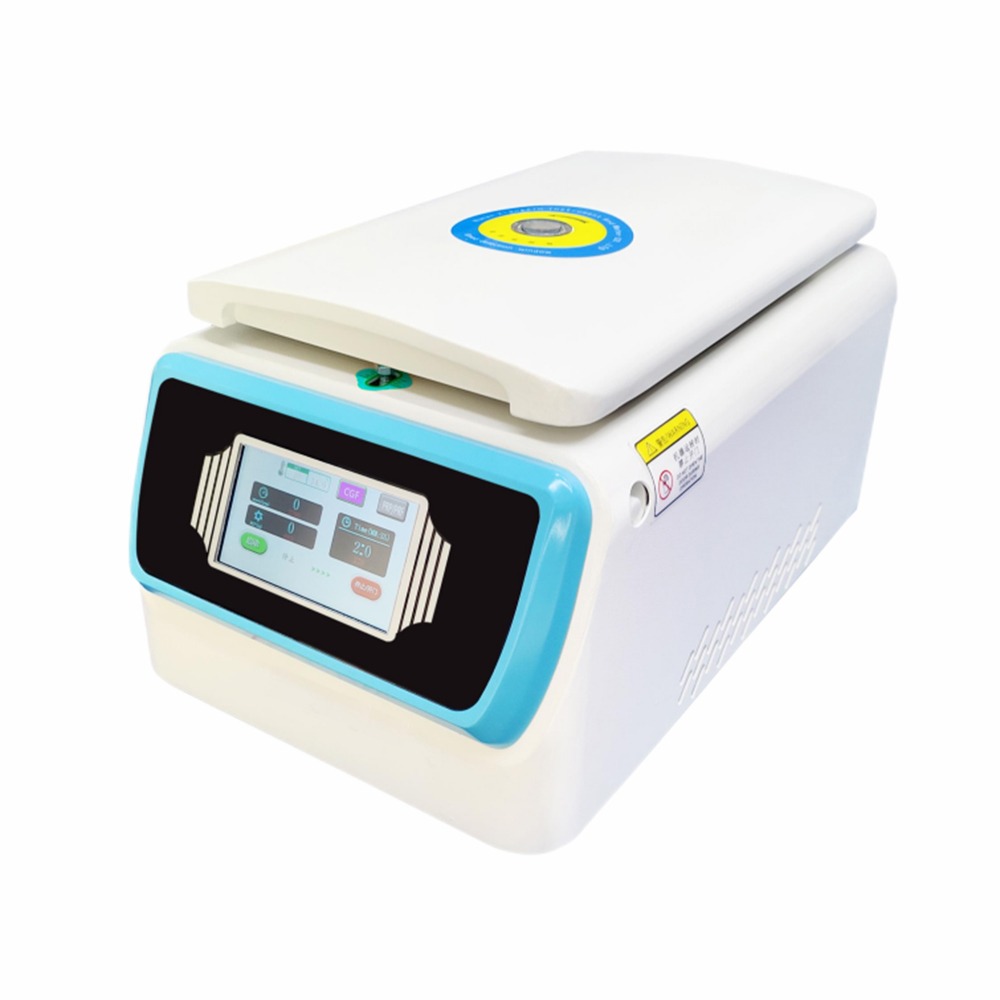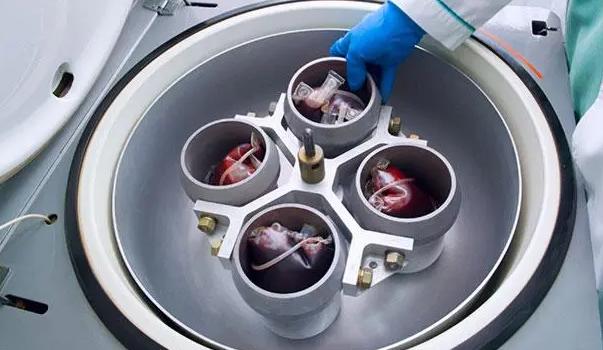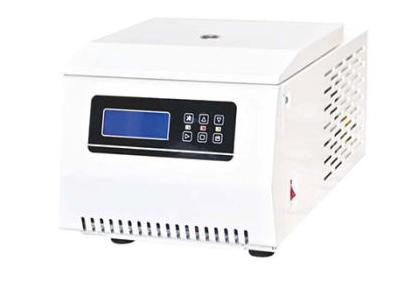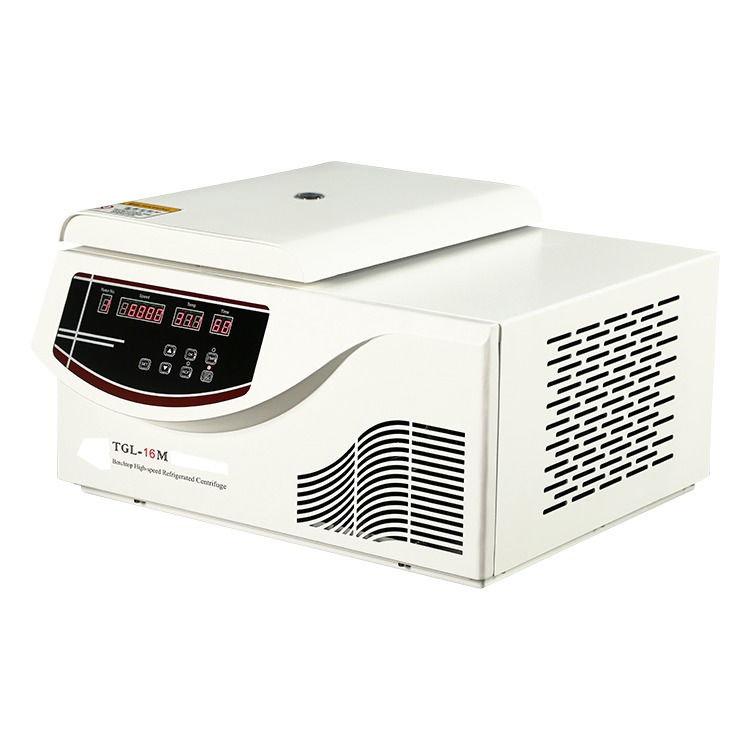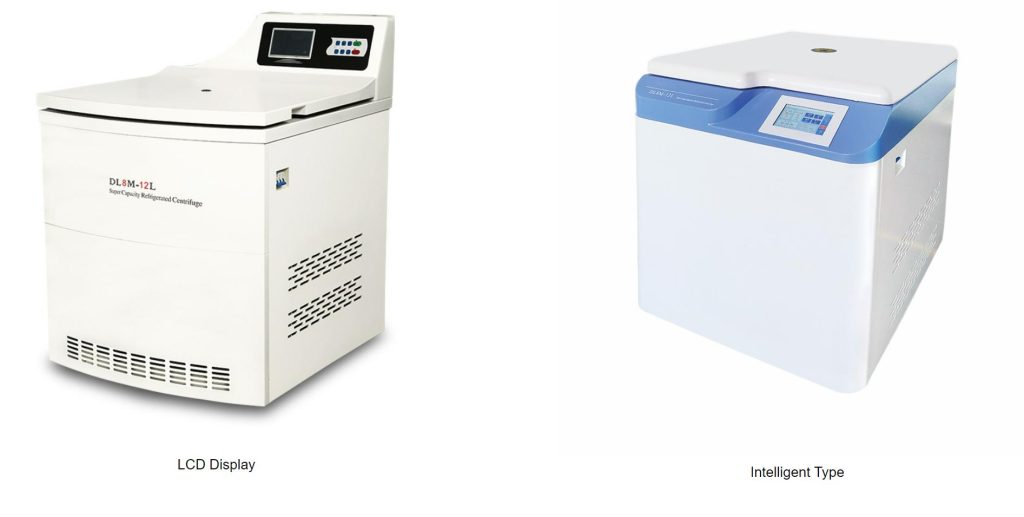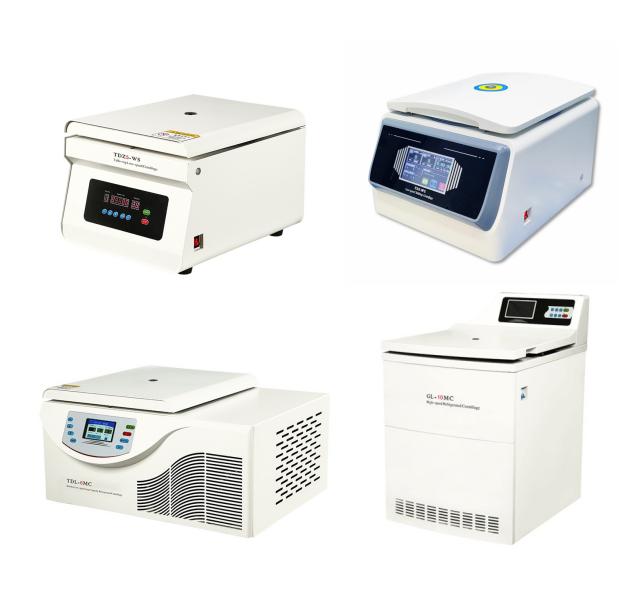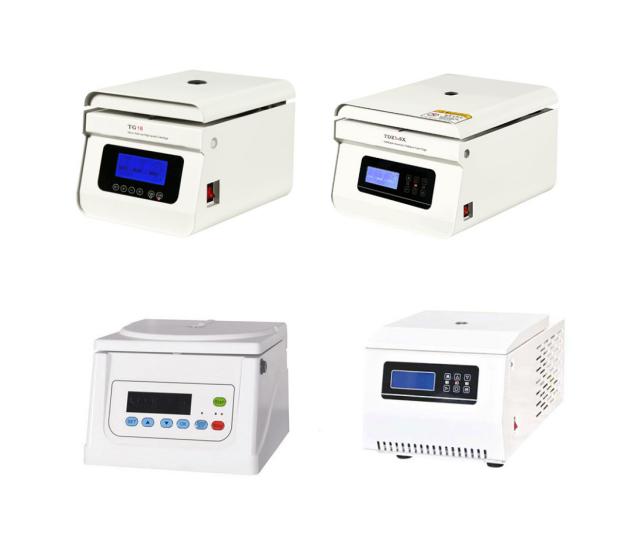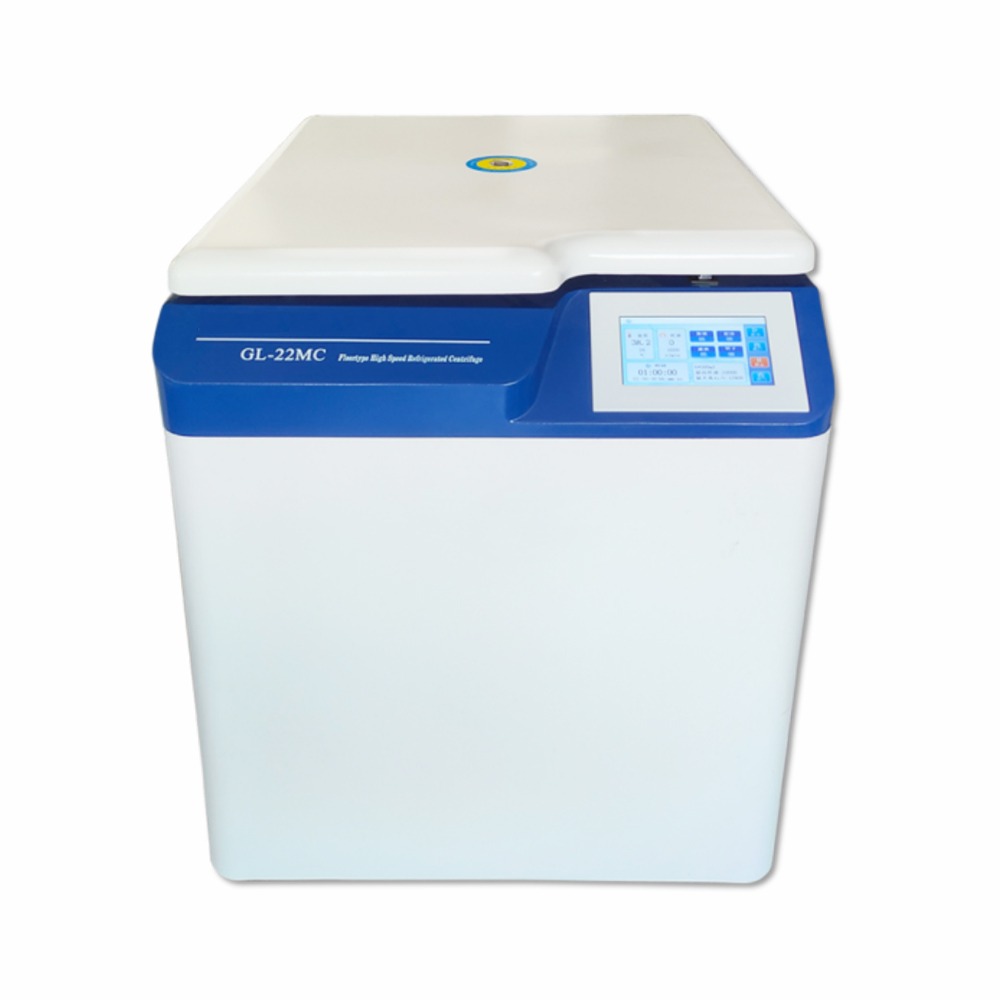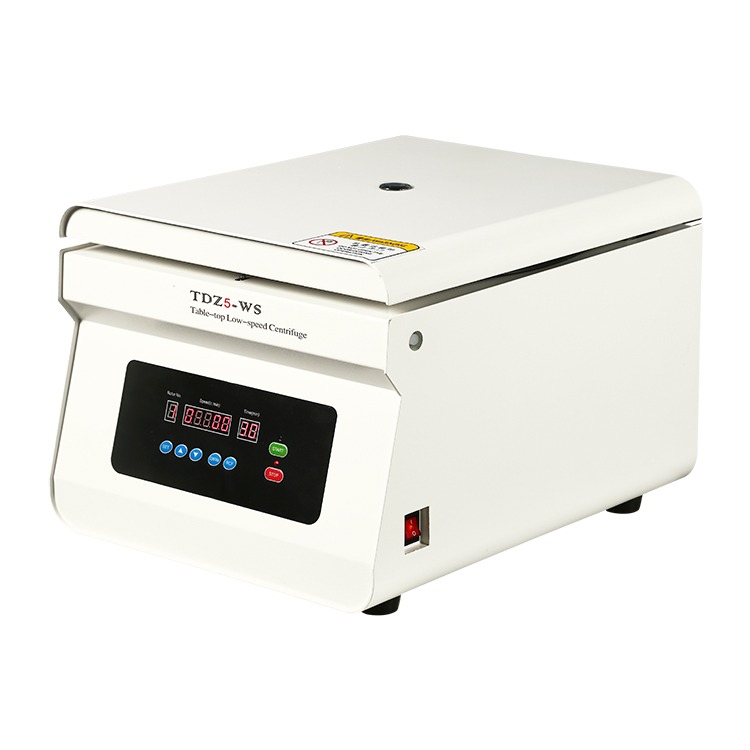News
The Role of Refrigerated Centrifuges in Cryogenic and Ultra-Low Temperature Centrifugation
Cryogenic and ultra-low temperature centrifugation are cutting-edge techniques essential for the preservation and separation of sensitive biological and chemical samples. Utilizing refrigerated centrifuges, these methods maintain extremely low temperatures during high-speed centrifugation to protect the integrity of delicate molecules and cells. This article delves into the principles, applications, and benefits of these techniques, emphasizing the critical…
Choosing the Best Refrigerated Centrifuge for Blood Bank
In blood banks, the precise separation of blood components is crucial for ensuring that patients receive the highest quality blood products. Refrigerated centrifuges play a vital role in this process, enabling the efficient separation of blood cells, plasma, and other components at controlled temperatures. This article will guide you through the key considerations for choosing…
Enhancements in Speed and G-Force Capabilities of High-Speed Centrifuges
High-speed centrifuges are pivotal in scientific research and industrial processes, enabling the efficient separation of particles based on their density. The latest advancements in centrifuge technology have significantly enhanced their speed and g-force capabilities, driving innovations across various fields. This article explores the advancements in high-speed centrifuges, focusing on their enhanced speed and g-force capabilities,…
The Capabilities of High-speed Centrifuges in terms of Sample Capacity and Flexibility
High-speed centrifuges are essential instruments in scientific and industrial laboratories, used for separating components of a mixture based on their density. The sample capacity and flexibility offered by high-speed centrifuges are critical factors that enhance their utility across a wide range of applications. This article explores these capabilities, highlighting their importance and impact on diverse fields. Understanding…
Comparing Different Types of Medical Centrifuges: Pros and Cons
Medical centrifuges are indispensable tools in laboratories, playing a crucial role in the separation of biological components. This article aims to provide an in-depth comparison of different types of medical centrifuges, highlighting their pros and cons to help you choose the right one for your specific needs. What are Medical Centrifuges? A medical centrifuge is a…
Top 10 Problems in Lab Centrifuge: What are Effective Troubleshooting Steps
Lab centrifuges are indispensable tools in scientific research and clinical diagnostics, enabling the separation of components based on density through high-speed rotation. However, like any sophisticated equipment, centrifuges can encounter a range of issues that disrupt their operation. This article outlines the top 10 common lab centrifuge problems and provides troubleshooting steps to address them effectively….
Temperature Stability and Control in Refrigerated Centrifuges
Refrigerated centrifuges facilitate the separation of mixtures based on density while maintaining low temperatures to preserve the integrity of temperature-sensitive samples. The precise control and stability of temperature within these centrifuges are crucial for ensuring the accuracy and reproducibility of experimental results. This article explores the importance of temperature stability and control in refrigerated centrifuges, the challenges…
Things You Should Know About Centrifuge Used in Microbiology Lab
Centrifugation is a fundamental technique in microbiology labs, playing a crucial role in the separation and analysis of various biological samples. Whether it’s for cell culture, DNA extraction, or protein purification, centrifuges are indispensable tools that enable precise and efficient workflows. This article provides an overview of the types, applications, and safety considerations of using centrifuges…
How to Maximize Sample Throughput in Floor Centrifuges
Floor centrifuges are essential tools in laboratories, widely used for applications ranging from cellular component separation to nucleic acid purification. Their ability to process large volumes quickly and efficiently makes them invaluable in both research and clinical settings. However, to fully exploit the capabilities of a floor centrifuge, maximizing sample throughput is crucial. This article explores key strategies for…
Comparison of Low-Speed Centrifuges and High-Speed Centrifuges
Centrifuges are indispensable tools in laboratories and industries for separating components of a mixture based on their density by spinning samples at high speeds. The two primary categories are low-speed centrifuges and high-speed centrifuges, each tailored to different applications and offering unique advantages and limitations. This article compares these two types of centrifuges, focusing on their applications,…


